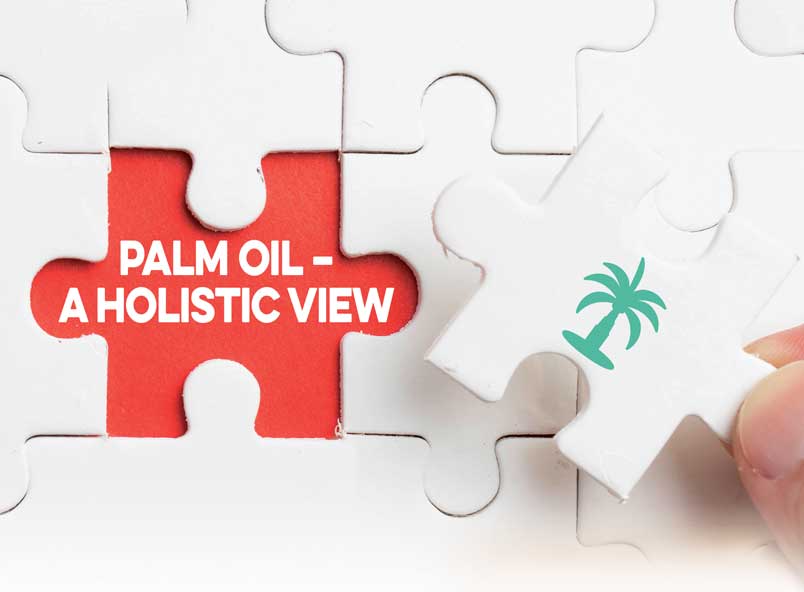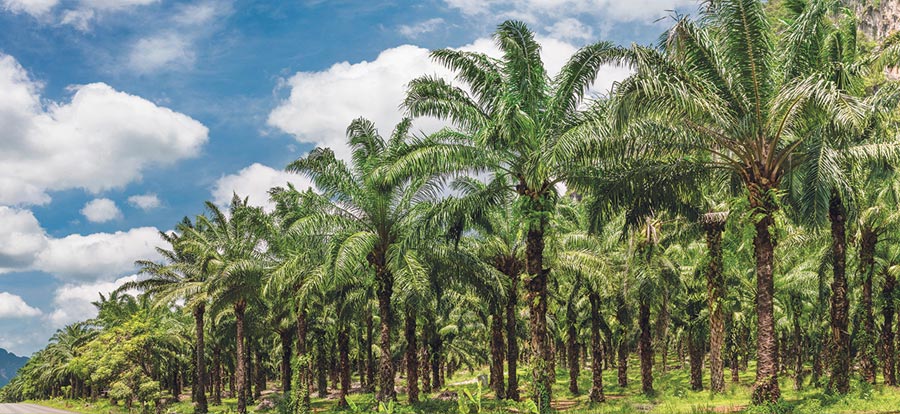



High-level stakeholder engagement
Trade in palm oil is only one part of Malaysia’s relationship with Europe. The relationship is strong, but it is to be hoped that this can become stronger still. The Malaysian-EU Free Trade Agreement has not made much progress in recent years. Attempts by the EU to phase out Malaysia’s main commodity will not help. There is more trade and political cooperation that we can look forward to.
The European Parliament’s aggressive efforts to phase out palm oil biofuels are of high concern for all in Malaysia – not only because of the negative impact it would have on our economy and in particular on our small farmers, but also because of the negative message it sends on sustainability.
Malaysian companies have done everything required of them, including meeting the onerous sustainability criteria set down by the EU. We also use the German ISCC and RSPO systems. Having met these demands, Malaysia was then threatened with the cancellation of all its palm-based products.
Nonetheless we are happy that we received support from some governments in the EU, including Spain. They recognised that the idea was in contravention of WTO rules and therefore refused to endorse it. The right decision was made by the Council of the EU and the European Commission: but it is still highly regrettable that Members of the European Parliament attempted to harm our small farmers by spreading inaccurate information and allegations.

There are misunderstandings in Europe. I read allegations that Malaysia is rapidly deforesting, destroying biodiversity and so on. This is certainly not true. I know there are many issues with the ‘no palm oil label’ in Europe. This may be heavily influenced by the broader negative environment that is driven by the EU institutions in Brussels and in member-states. All such actions are very damaging to palm oil’s image in Europe.
I would like to hear your views on these issues and to have an honest discussion on how we can collaborate to solve this perception and problem. As I have said, Malaysia has a proven track-record of sustainability and we will continue with this agenda, no matter what transpires. If Europe chooses to phase out or restrict Malaysian palm oil, it would send a terrible signal. It would say to everyone in the developing world that investing in sustainability does not pay.
To redress the balance and to treat Malaysian palm oil more fairly, stakeholder engagements at a high level would be helpful. I hope we can establish a good working relationship. Malaysia is doing its part with our renewed commitment to sustainability and environmental protection. I humbly request you to support its good agricultural practices and sustainability efforts.
Spain, for example, is an important export destination for Malaysian palm oil and its products. From January to August 2018, it imported 259,701 tonnes of Malaysian palm oil, an increase of 46.8% compared to the corresponding period last year. We hope that the imports will continue to grow.
We also acknowledge the importance of ensuring that correct information about the oil palm industry is communicated to consumers. In this regard, I am pleased to share with you that we have published the Pocketbook of Oil Palm Uses in Spanish, with information on the Malaysian oil palm industry.
It covers sustainable practices of the industry; nutritional benefits of palm oil; versatility of palm oil for food, non-food and animal feed applications; and uses of oil palm biomass. Malaysia hopes that the information provided, and communication between producer and consumers, will continue to be enhanced for mutual benefit.“
This is an edited version of the speech.